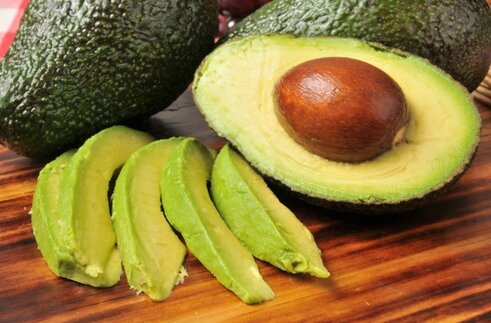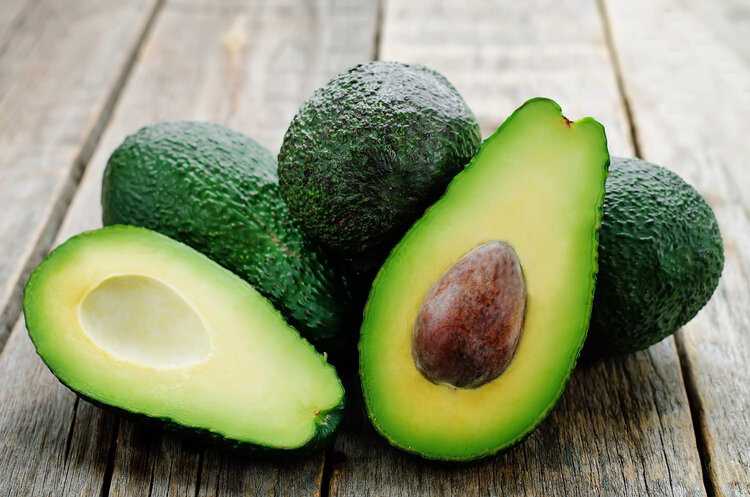Avocado Nutrition: Health Benefits and Nutritional Value
Avocado is a popular fruit that is widely known for its creamy texture and rich flavour. In addition to its delicious taste, avocado also offers a wealth of nutritional benefits that make it a great addition to a healthy diet. Here's a closer look at avocado nutrition, including avocado nutrition facts, how many calories in an avocado, and the nutritional value of avocado.
Avocado Nutrition Facts

According to avocado nutrition facts, this fruit is high in critical elements that promote overall health and wellness. Avocados include the following critical nutrients:
Vitamins: Avocados are high in vitamins C, K, and B6. They also have lower levels of vitamins A, E, and B1.
Fiber: A medium-sized avocado includes approximately 10 grams of fiber, which can aid with digestion and improve feelings of fullness.
Avocados contain a lot of potassium, magnesium, and folate. Iron, zinc, and copper are also present in trace levels.
How Many Calories in an Avocado?
One of the most common questions about avocado nutrition is how many calories in an avocado. On average, a medium-sized avocado contains around 250-300 calories. However, the exact calorie count can vary based on the size of the avocado.
1 Avocado Calories
While 1 avocado calories may seem high, it's important to note that avocados are a nutrient-dense food that can provide a wide range of health benefits. In addition, the healthy fats found in avocados can help keep you feeling full and satisfied, which can make it easier to stick to a healthy diet.
Nutritional Value of Avocado

The nutritional value of avocado is impressive, thanks to its high levels of vitamins, minerals, fiber, and healthy fats. Here's a closer look at the nutritional value of avocado:
Macros in Avocado: A single avocado contains around 21 grams of fat, 13 grams of carbohydrates, and 3 grams of protein.
Grams of Fat in Avocado: As mentioned, avocados are a rich source of healthy fats. In fact, a single avocado contains around 21 grams of fat, most of which is monounsaturated and polyunsaturated fats.
How Much Fat in Avocado: While avocados are high in fat, the majority of this fat is healthy and can support heart health and overall wellness. The American Heart Association recommends that adults get at least 25% of their daily calories from healthy fats, and avocados are a great way to do this.
Protein in one Avocado: While avocados are not a particularly high source of protein, they do contain around 3 grams of protein per fruit. This can be a helpful addition to a balanced diet, especially for those who are following a vegetarian or vegan diet.
Avocado Good for you
Yes, avocados are generally considered to be good for you due to their many health benefits. Here are a few reasons why:
Rich in Nutrients: Avocados are a rich source of vitamins, minerals, fiber, and healthy fats, making them a nutrient-dense food that can support overall health and wellness.
Heart-Healthy Fats: The majority of the fat found in avocados is healthy monounsaturated and polyunsaturated fat, which can help lower cholesterol levels and reduce the risk of heart disease.
Help with Weight Management: Despite their relatively high calorie count, the fiber and healthy fats found in avocados can help promote feelings of fullness and satisfaction, which may help with weight management.
Improve Digestive Health: The high fiber content in avocados can help support healthy digestion and promote regularity.
May Reduce Inflammation: Avocados contain a variety of antioxidants and anti-inflammatory compounds that may help reduce inflammation in the body, which can contribute to a range of chronic health conditions.
Overall, incorporating avocados into a balanced diet can be a great way to support overall health and wellness.